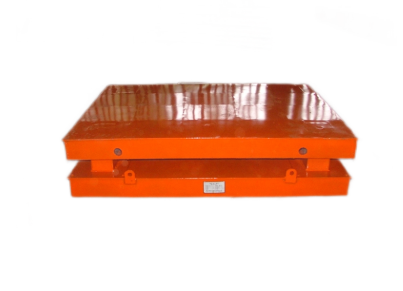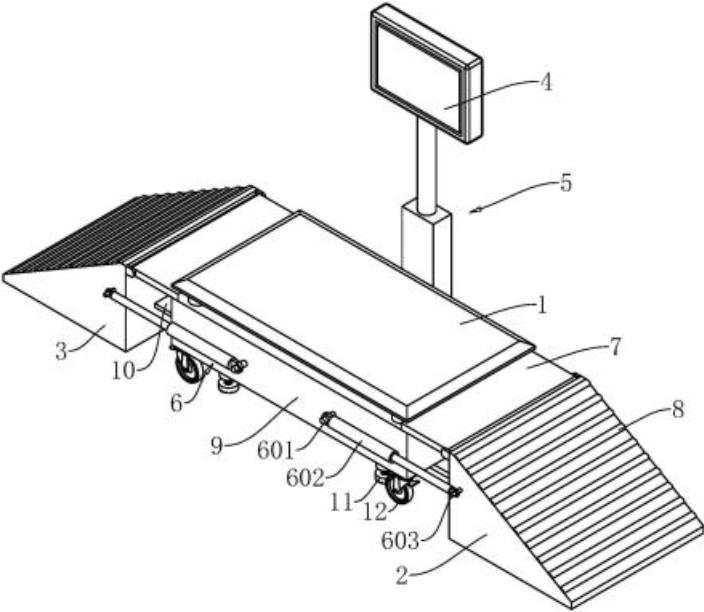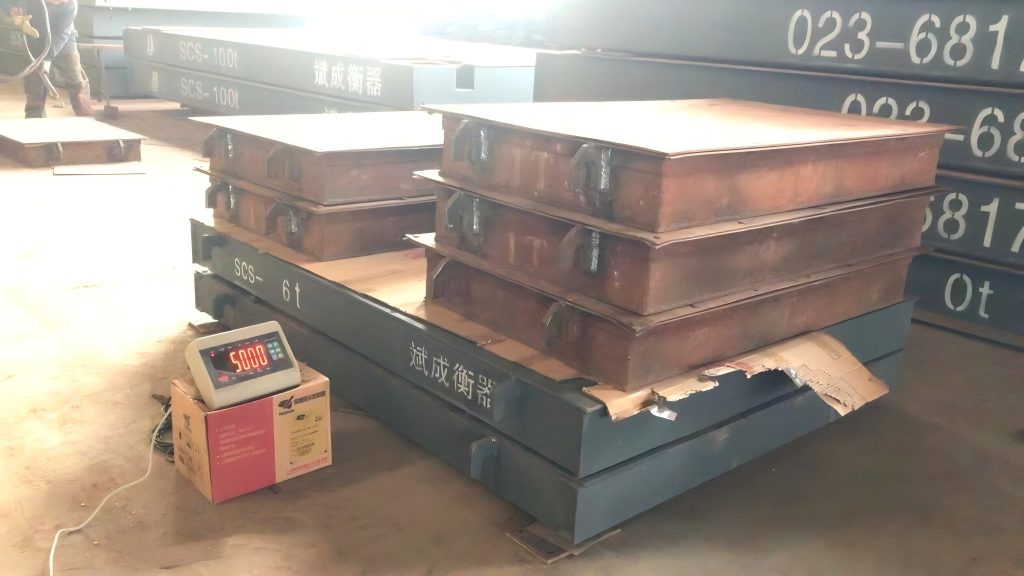Maintenance Tips to Extend the Lifespan of an Electronic Platform Scale
With time electronic platform scales can become susceptible to damage like the accumulation of dust and moisture, which can result in a decrease in accuracy if they are left exposed for a long time.
Even high-quality electronic scales require routine maintenance. Scheduling regular calibration with your supplier helps ensure its accuracy and precision; however, there are other measures you can use to protect and ensure optimal condition of your scale.
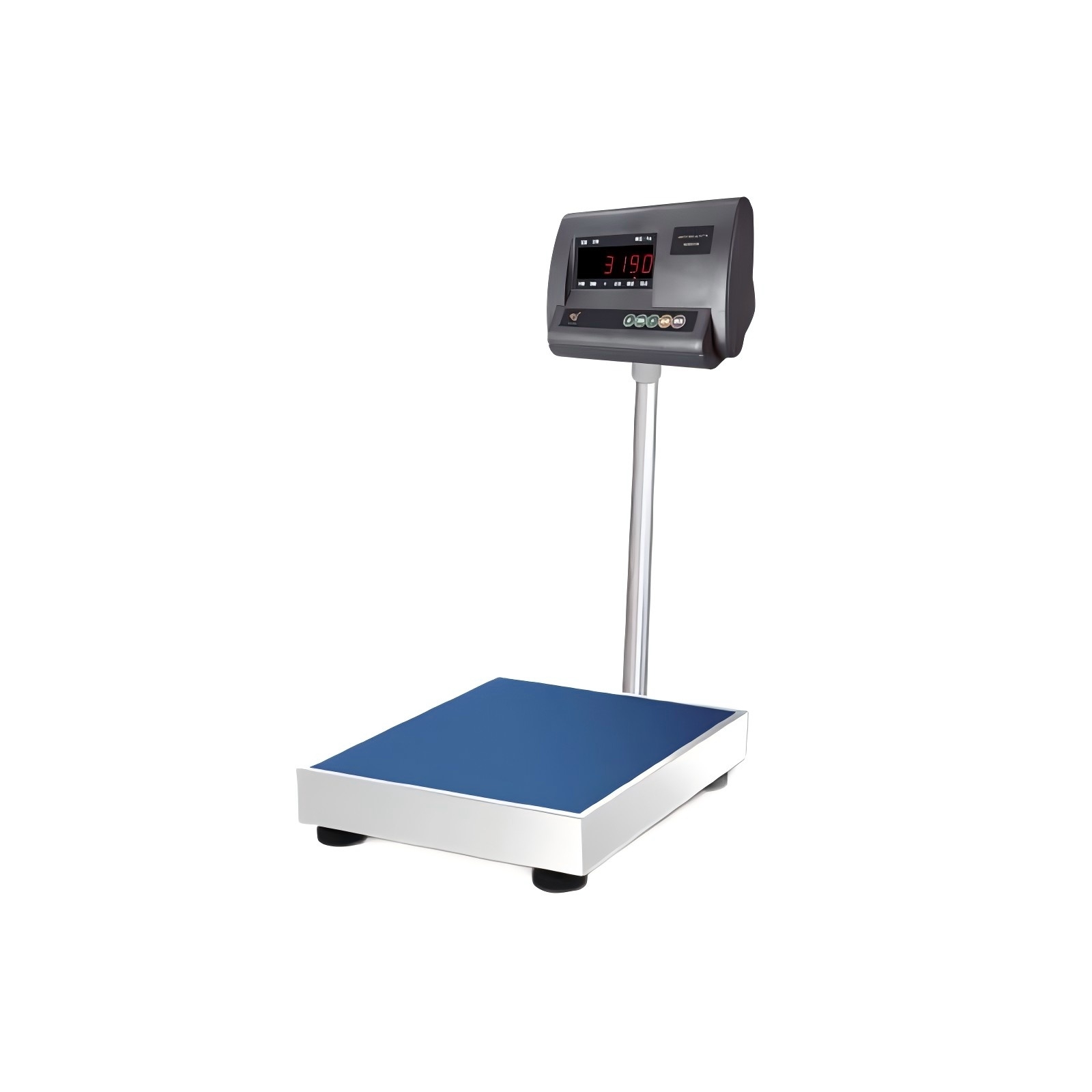
Electronic Platform Scale Maintenance
Electronic platform scales are essential elements of a variety of industries. From factories and warehouses to shipping docks, and grocery stores, they have a crucial role to play in making precise weight measurements. But their precision and efficiency cannot be guaranteed for a long time without proper maintenance as well as regular maintenance. Without regular care for electronic platform scales, a myriad of issues could arise, threatening not just the business operation but also financial loss and safety concerns.
Here’s more of an in-depth explanation as to why maintaining electronic platform scales is of utmost importance:
- Maintaining Customer Trust: Accurate weight readings can have serious repercussions for businesses selling products by weight. They run the risk of either overcharging customers or incurring losses through undercharges – both scenarios could erode customer loyalty and damage trust with customers.
- Conformity with Regulations: Certain industries have strict rules regarding the accuracy of their weights. Infractions to these rules due to improperly maintained scales could lead to penalties or even the closure of a business.
- Controlling Inventory Control as well as Production Efficiency: Accurate weight measurements are vital to efficient process control of inventory and processes for production and inaccurate measurements could lead to the over- or under-stocking of products, which could negatively impacting production schedules and possibly slowing deliveries, or which could lead to delays in the delivery process altogether.
- Safety Concerns: A poorly functioning scale that has malfunctioning platforms or has incorrect readings can pose serious safety issues. Uneven platforms and inaccurate weight displays may lead to accidents when heavy objects are being weighed, increasing their potential risk.
By setting up a regular maintenance regimen for your electronic platform scales, you can avoid these issues and ensure they continue providing accurate measurements that help streamline operations, increase efficiency and have a positive effect on the bottom line.
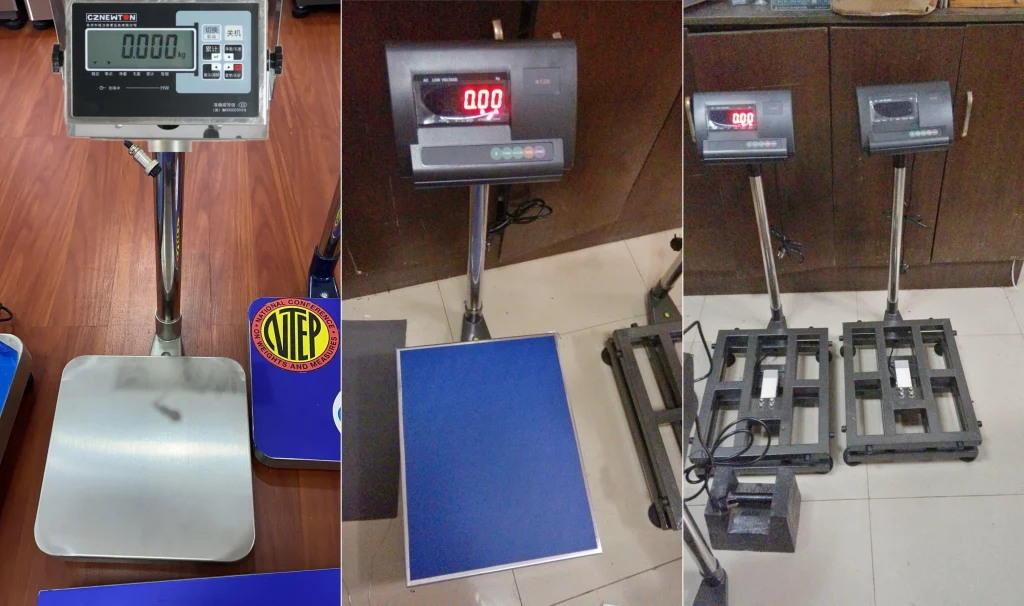
Essential Maintenance Tips for Electronic Platform Scale
A regular and well-defined maintenance routine can keep your electronic platform scale running at peak performance for years. Here are a few key points you can incorporate:
1. Regular Cleaning
Dust, dirt, debris and liquid spillage can clog the platform and weighing surface, altering weight readings. For best results, use a slightly damp cloth dipped in mild soapy water with mild cleaning solution to wipe down all surrounding areas of your scale – harsh chemicals or abrasive cleaners could damage delicate components of the scale. Remember to unplug before cleaning to prevent electrical hazards!
2. Respect Your Weight Limit
Every electronic platform scale has a maximum weight capacity that should not be exceeded, as doing so can put stress on its internal load cells and compromise accuracy and leading to permanent damage or replacement costs. Weigh items well within their recommended weight range to avoid costly repairs or replacement costs; most scales provide a weight display that displays current weight while giving a visual or audio warning if the limit is near.
3. Select an Appropriate Location
Where your electronic platform scale is placed is critical to its success. For accurate readings, it must be placed on a firm and level surface; uneven floors or vibrations could throw off weight measurements. To maintain equilibrium on the scale platform, leveling feet or shims may need to be used if necessary to balance out its components and keep everything balanced. Extreme temperatures, moisture or direct sunlight could harm internal components and affect its functioning negatively.
4. Keep It Clean and Clear
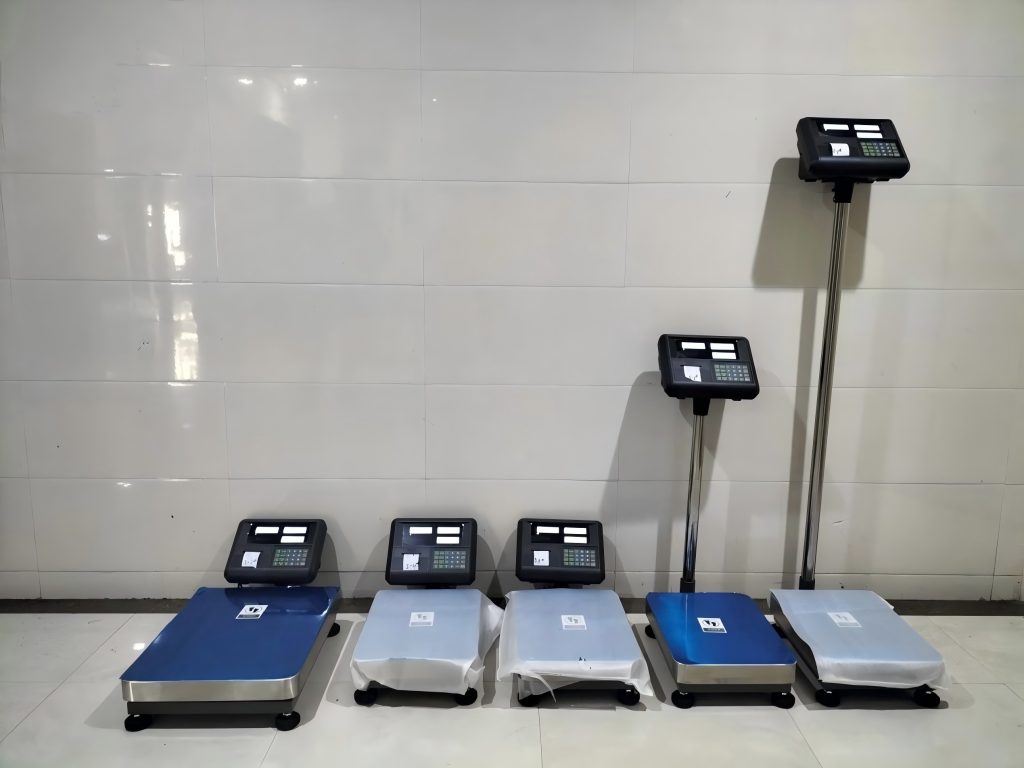
To maximize performance from an electronic platform scale, its surroundings must also be kept tidy. Obstructions or debris under the platform can cause interference to the mechanism for weighing and cause inaccurate results. Ensure that you regularly check the area to eliminate any obstructions that you can ensure the best performance.
5. Software Updates
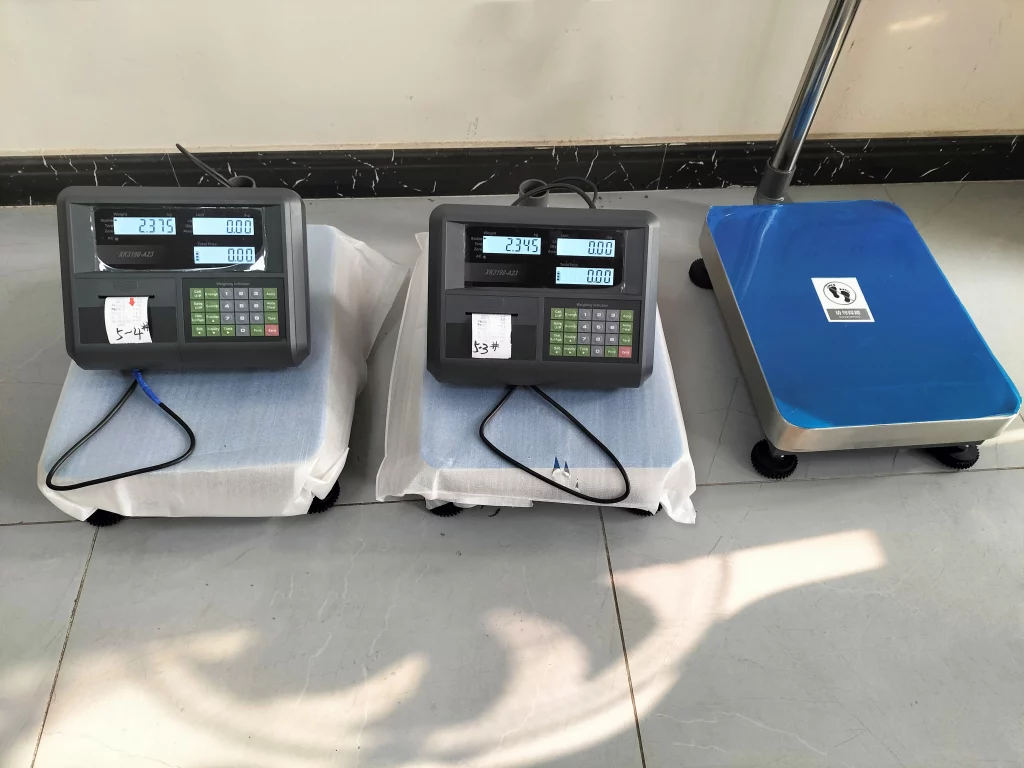
Some advanced electronic platform scales feature in-built software that may need periodic updating for optimal operation and accuracy. Check with the manufacturer about available updates and follow their instructions for installation to keep your scale performing at its highest potential.
6. Power Supply Management
A reliable power source is key to maintaining the accuracy of an electronic platform scale. Sudden surges or fluctuations may disorient internal workings and cause inaccurate readings; voltage regulators should be used to protect from sudden surges or fluctuations and ensure continued operation in case of an outage. A backup power source should also be considered in such critical applications to guarantee uninterrupted operation in case there’s no mains power.
By following these essential maintenance tips, you can greatly extend the lifespan and accuracy of your electronic platform scale.
Implementing Best Practices for Long-Term Care
While fundamental maintenance guidelines provide the foundation to keep an electronic platform functioning effectively, adding other top practices will help to maximize its the long-term maintenance and prolong the life of your platform:
- Regular Inspections: Make it a habit of regularly performing visual inspections of your scale to spot evidence of damage, like cracks in the platform’s surface or cables that are loose, or rust on its surface for weighing. The early detection allows you to take action immediately before they become serious issues that require costly repairs or replacements in the future. Also, a quick visual inspection will reveal any build-up of debris underneath the platform that could impact its accuracy.
- Certified Technicians and Parts Trained: If repairs are required Be wary of using components that are not certified or generic, even though they might seem cost-effective initially. Although non-certified or generic parts may seem to be cheaper initially, they may ultimately cause problems or even invalidate your warranty. User Training: Investing in proper user training for employees who use scales can significantly extend their lifespan. Training should cover proper loading techniques to avoid overloading platforms, safe handling practices for accidental damage prevention, basic cleaning procedures to maintain hygiene of scales and any malfunctions or error messages displayed.
- Records Management: Maintaining an electronic or paper logbook to record your scale’s maintenance history can be invaluable. A log should include routine cleaning events with their dates and cleaning solutions used. Also record calibration certificates stating their date, the technician who performed them and any adjustments that were made; any repairs performed, including their date, nature and parts replaced.
- User Manual as Your Guide: Your electronic platform scale’s user manual is an invaluable source of knowledge. Consult it for cleaning procedures specific to your model, calibration interval recommendations based on usage and required precision, troubleshooting tips for common error messages and weight capacity/environmental limitations that ensure optimal operation of your scale.
Conclusion
By following these simple maintenance guidelines and best practices, you will extend the life of your scale on an electronic platform and guarantee its accuracy for a long time.
If you have other questions, please contact us for solutions.

